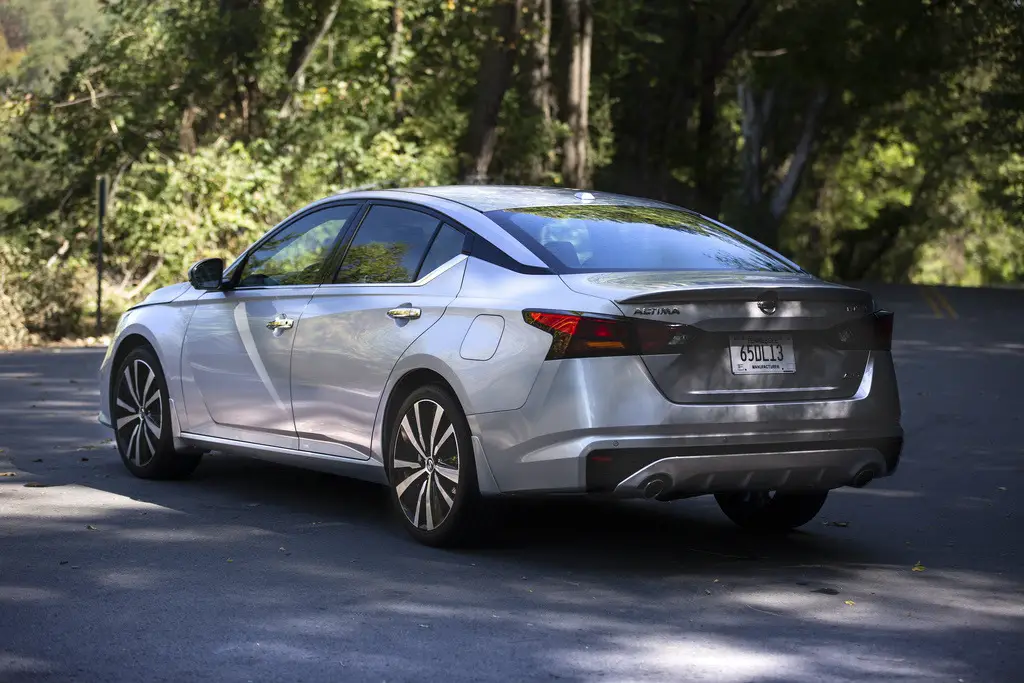
I wish cars could connect to my smart bed. I mean, you would think modern technology could make this happen. A bed I’ve tested recently knows how much sleep I’m getting at night and even the difference between light sleep and deep sleep. I see a little rating each morning that reminds me about how I slept and encourages me to follow a different routine, such as going to bed earlier or maybe not drinking 14 cups of coffee during the day.
Until that wonderful intersection of sleep technology and cars happens, there is something that works quite nicely. The 2020 Nissan Altima can actually tell if you are acting sleepy. It monitors your driving in real-time using a tech called Intelligent Driver Alertness. It’s mostly looking for any strange driving patterns, such as swerving too much for no reason.
I love how these algorithms work. I’m sure some very complicated math created them (Nissan likely won’t explain those details even if I asked them to). It knows how many times you make a very slight nudge versus more of an actual turn. It can track and compare these swerves and random or unpredictable maneuvers, then analyze them quickly to see if they are a sign of problems. No car today connects to a smart bed as far as I know, but this is getting us closer to the day when the things we do during the day and how we sleep at night can help cars act on our behalf, especially when they start driving on their own (human or no human involved).
During my test, I decided to try and trigger the alert but didn’t quite make it work. I consider that a good thing. I wasn’t able to “game” the system and act drowsy, which tells me the Altima is reading some indicators that I either don’t know about or can’t mimic. I’ve done this same test in several Mercedes cars that also warn you about getting sleepy, and I’ve been able to trigger them just fine, mostly by edging over the lane a little on a deserted road.
So how would the smart bed connection actually work? I could see future cars ramping up the drive tracking, knowing you didn’t sleep well, possibly alerting you sooner than usual. If you slept exceptionally well, maybe the tech would be a little more forgiving and use an algorithm that determines you are merely a bit distracted and not actually tired. The intervention might work differently. Maybe the display doesn’t say you are tired but distracted instead.
I’m looking forward to the time when cars connect to more than beds, though. Linking to other vehicles, the roadway, a traffic control center, a weather system, the city construction crews — someday it will all be interconnected and alert us about problems or even offer tips. Or simply take over the driving duties, since a computer can interact with all of those multiple entities at once and in real-time within milli-seconds. The human brain, not so much.
I’ve been studying this topic of distraction lately because I’m working on a book about staying productive and doing a series of articles on innovation and work for Forbes.com. The sleep tech in the Altima is another sign that technology is here to help, that having more tools like this will only help us drive safer, with more vigilance, and someday — not have to drive at all.
